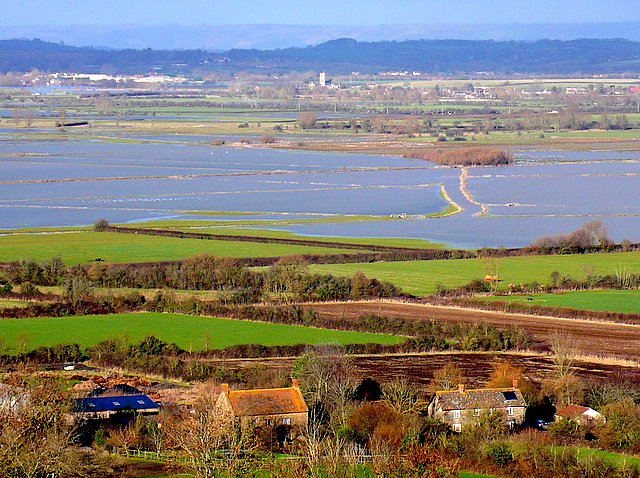The article looked into the effectiveness of floodplains but it failed to recognise the important role that farmers perform – one that is unrewarded and often taken for granted.
From natural flood management - like water storage - through to using cover crops to improve soil condition and drainage, farmers are involved in many measures to help store, filter or ‘slow the flow’ of water.
The study and article leads the reader to believe that so-called ‘intensive farming’ has industrialised the landscape, which couldn’t be further from reality. Farmers have planted and restored 30,000km of hedgerows in recent years as well as 10,000 football pitches worth of flower habitat. Enhancing the natural environment and in turn playing its part in helping to reduce flood risk to downstream people and property.
The NFU commented on the study highlighting that natural flood management has a role to play in catchment-wide flood risk management. However it is not a panacea and we believe it should only be used as part of a cohesive and carefully planned package of measures across the catchment, including measures such as maintenance and de-silting.
Where farmers provide a service in mitigating flood risk to help protect others this must be part of a coherent, planned component of total catchment management, for which farmers must be fairly compensated.
Importantly, we also need to consider the accumulative impact of developments in urban areas over time which can increase the extent, duration and frequency of flooding and put additional pressure on the floodplain downstream and farming in the urban fringe.
It is vital we also recognise the importance of improving the resilience of agricultural land to flooding at the planning stage. Fields are the shop floor for British food, producing the raw ingredients for a food and farming sector worth £109bn to the UK economy and providing a number of other key functions including for the environment and for recreation and tourism.
